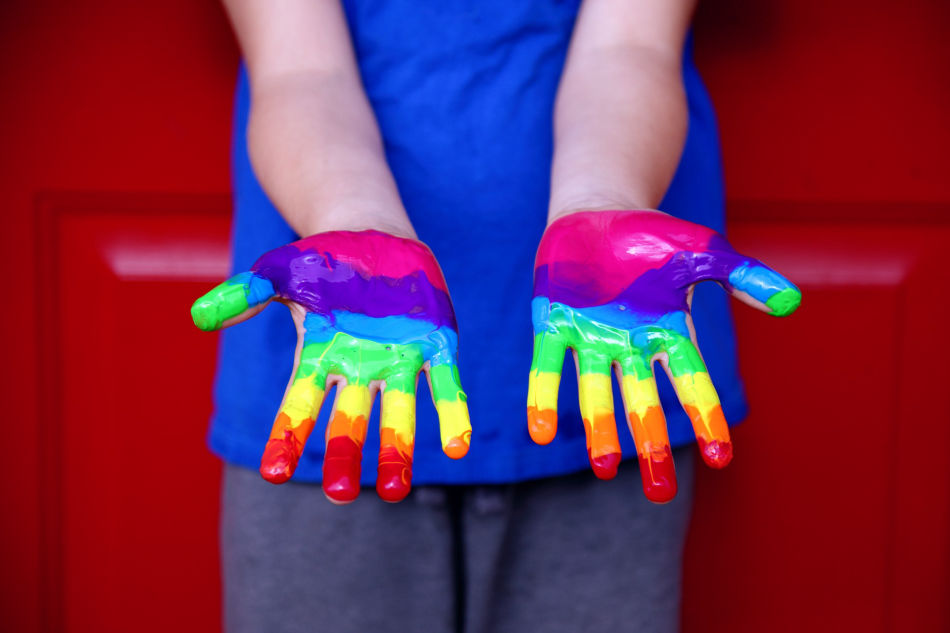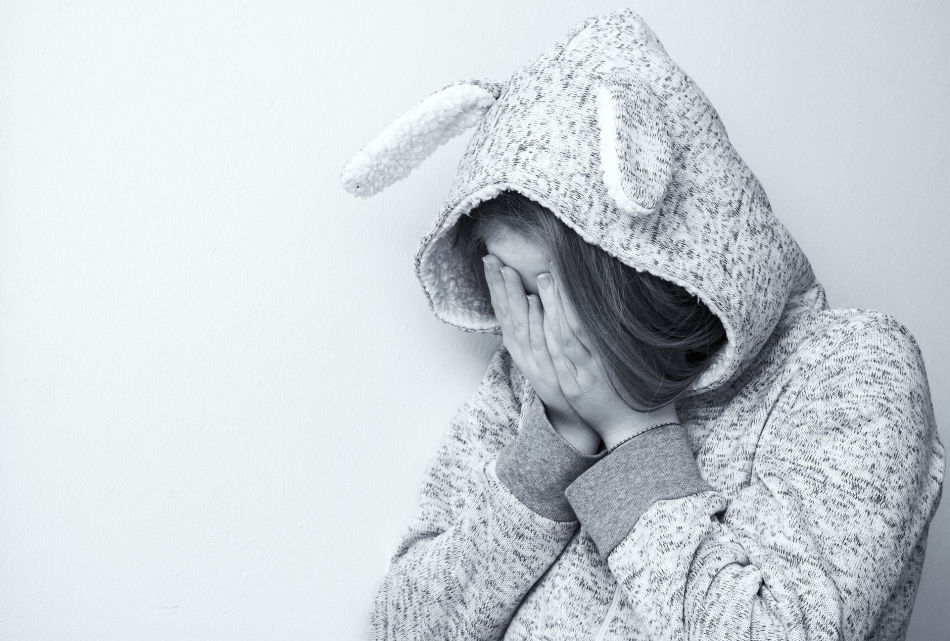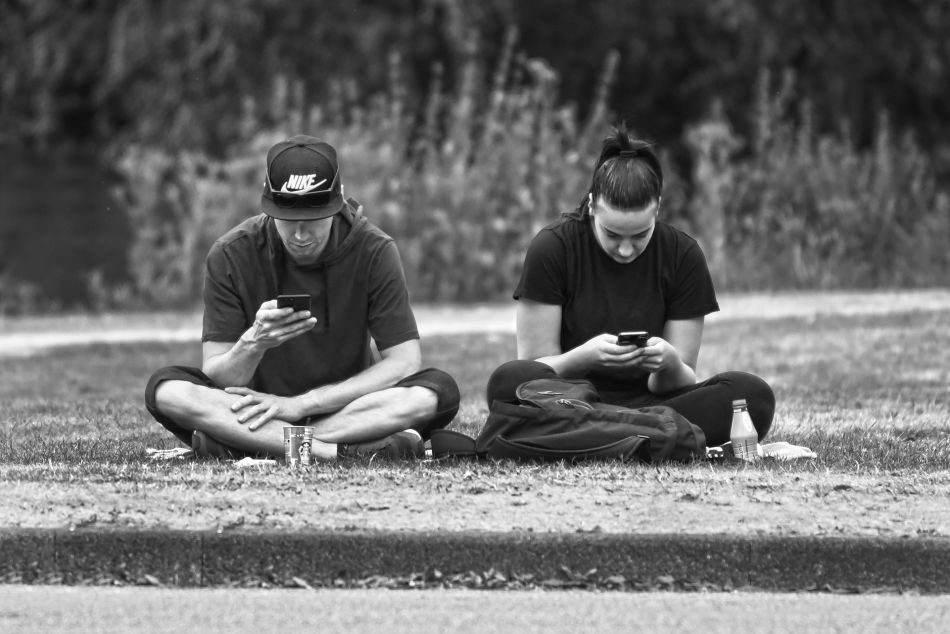Your rights as a young person in England
There are many laws and regulations governing the rights and entitlements of care-experienced young people. To put things simply, there are some straightforward and essential human rights you have, that you need to know:
- You have the right to be treated equally and without discrimination, regardless of your race, gender identity, sexuality, the language you speak, your opinions, or your family background
- You have the right for all adults, carers and organisations involved in your care to act in your best interests and to put your best interests first when making important decisions that affect your life
- You have the right to be listened to, and to have a say about what you want and need in any of the processes of care that affect you
- You have the right to an education, and you also have the right to relax and have fun in the way that you want to: by playing music, enjoying sports, watching a movie or whatever else you enjoy doing
- You have the right to be helped to recover if you’ve been treated badly
We will always put your rights as a young person first. With Ivory Cottage, you’ll be fully involved in creating your own clear, easy to understand care plan.
If you think that you’re not getting what you’re entitled to or that your human rights as a young person aren’t being respected, Coram Voice can offer advice and advocate for you (support you and speak on your behalf), if you don’t feel confident about speaking up yourself.

These rights are enshrined in the UN Convention on the Rights of the Child, and they are rights held by all children in the world, no matter where they happen to live.

